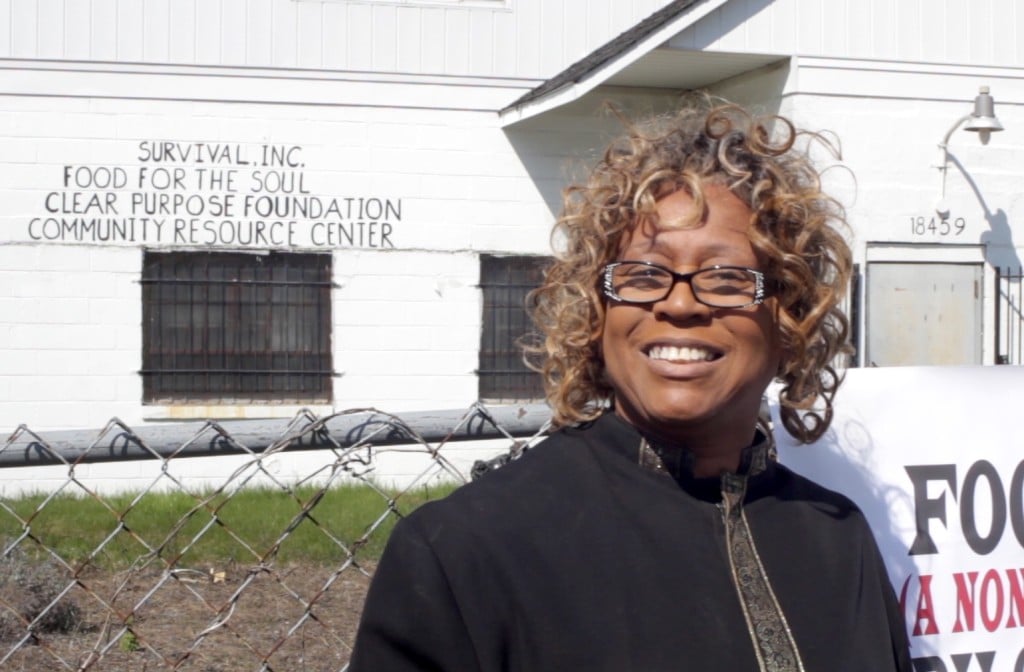
In June 2022, a multi-day power outage and the failure of our generator caused Pilgrim Baptist Church’s Food for the Soul Program to lose 3 large freezers full of perishable food. That’s thousands of dollars worth of meat, fish, and poultry that otherwise would have helped feed 400-600 people experiencing food insecurity that week.
Our changing climate brings increasingly intense and frequent storms to our region. When these storms hit Detroit’s chronically disinvested electrical grid, the people we serve face a harsh reality: hunger.
It’s not just our clients, or people in our part of the City who experience hardship as a result of DTE’s poor reliability. The data show that Michigan residents pay some of the highest rates for energy in the Midwest and experience longer power outages than our counterparts in neighboring states.
In short, we pay more and get less. Especially the poor and most vulnerable.
In spite of DTE’s demonstrably abysmal service, the utility’s executives and shareholders stand to benefit from a proposed $290 million rate hike and requested increase on the company’s already guaranteed profits, from 9.9% to 10.25%.
If approved, these measures would result in ratepayers funneling $1 billion into the pockets of DTE shareholders.
I can tell you that the vulnerable folks from across Southeast Michigan who depend on the nourishment we provide—working families, seniors, unhoused people, refugees from Ukraine, and others—have better ideas about what could be done with $1 billion.
The Public Service Commission, a state regulatory body made of up three Governor appointees, has the power to deny DTE’s outrageous and insulting request, and even to right-size and reduce the utility’s guaranteed profits (or Return on Equity).
Our Food for the Soul clients regularly experience the reality of hunger and food insecurity, made worse when the grid fails. I pray that the Public Service Commission takes this opportunity to deliver a reality check to DTE: that Michigan won’t allow its investor-owned utilities to reap unjust rewards on the backs of the most vulnerable.

